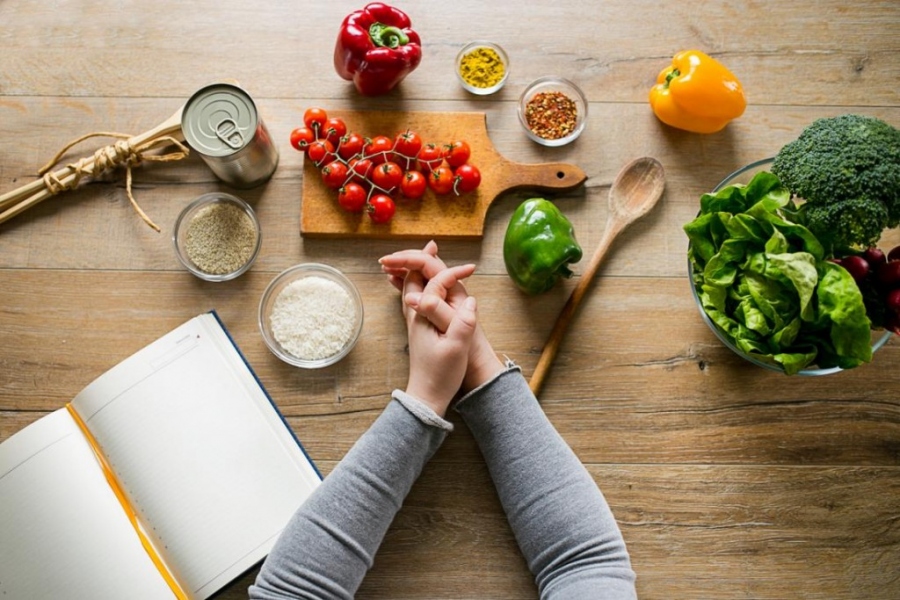Appendicitis refers to the inflammation of the appendix. It is a long tissue tube that extends from the large intestine. Experts believe that we can’t prevent appendicitis, but it can be controlled with a healthy diet plan. Some unhealthy foods can worsen your appendix condition, and you need to undergo surgery.
Once I attended a conference of one of the best surgeons in Islamabad, he shared that when a person ignores the pain of the appendix for a long time, it may result in bursting and spreads the infectious material in the abdomen cavity. Doctors say that it can be chronic or acute, but both conditions can be painful for you.
How to Know If It Is Appendicitis?
Many people think that it is normal to have pain near the navel, and they keep avoiding it until it turns into a nightmare. Learning about the symptoms of appendicitis can help you deal with such a condition at the right time with the right treatment. It is the time to find out about the symptoms that show you are suffering from appendicitis, such as:
- Vomiting after the abdominal pain
- Abdomen inflammation
- Having fever
- Having sharp pain near the navel to eth lower right abdomen
- Unable to pass gas
- Constipation
- Loss of Appetite
What are the Treatments for Appendicitis?
Surgery is the most common treatment for appendicitis. The general surgeon removes the inflamed appendix through laparoscopy. Some doctors also treat this condition through antibiotics that can help with acute appendicitis.
Doctors advise their patients to avoid self-medication as it can worsen the condition. But some natural remedies can help you deal with appendicitis, even though you can’t prevent it.
But remember, you need to avoid some foods too when you are suffering from appendicitis.
Foods to Prevent If You Are Suffering from Appendix Pain
- Say no to high-fat foods as they can give you a tough time digesting them. Even in the post-surgery period, you need to stay away from such foods. Foods that have high oil, sugar, and butter need to be avoided, like ice cream, chocolate, cooked eggs, whole milk, cheese, fried foods, etc.
- Beverages and alcohol may fuel your inflammation and may worsen your condition.
- Bakery items can also damage your intestine and the veggies that can form gas.
- Avoid eating Solid foods but prefer only liquids to avoid constipation.
What Foods to Take During Chronic Appendicitis
If you are having appendix pain, you should consider a healthy diet. Every food category provides different benefits and is useful for specific conditions. When you notice some symptoms, you need to be careful what you eat and how active you are.
-
Mint
Mint is useful to control the symptoms of appendicitis like vomiting. When you have severe appendix pain, you need to drink a tea of mint leaves. It helps to deal with nausea and get relief from appendix pain as well.
-
Buttermilk
Buttermilk is the light to digest and beneficial for appendicitis. It is a probiotic that reduces the growth of the bacteria and does not let the infection grow. You can add grated ginger or coriander leaves in the glass of buttermilk. There is no fixed time to take this drink, but you can take it anytime. If you do not want to add anything, take buttermilk as is.
-
Garlic
Studies show that garlic has both anti-inflammatory and antibacterial properties. Such properties are beneficial for the appendicitis condition. Crush a few garlic cloves and take them with water, or you can eat it on an empty stomach.
-
Fresh Lime in Lukewarm Water
When you get up, drink a glass of lukewarm water and squeeze the fresh lime with a teaspoon of honey. It will boost your inner energy and develop immunity to fight against appendicitis symptoms.
-
Green Grams
You can call green grams an old-age remedy that has been used over hundreds of years. They are a highly nutritious diet option that has anti-inflammatory properties. It deals with eth appendicitis symptoms.
Final Thoughts
Experts from nori cancer hospital reveal that appendix inflammation cannot be prevented but we can reduce its risk factors by practicing a healthy lifestyle. Studies also show that people aged between 15-30 are at high risk of developing appendicitis. To avoid such a condition, drink at least 10-12 glasses of water every day.

